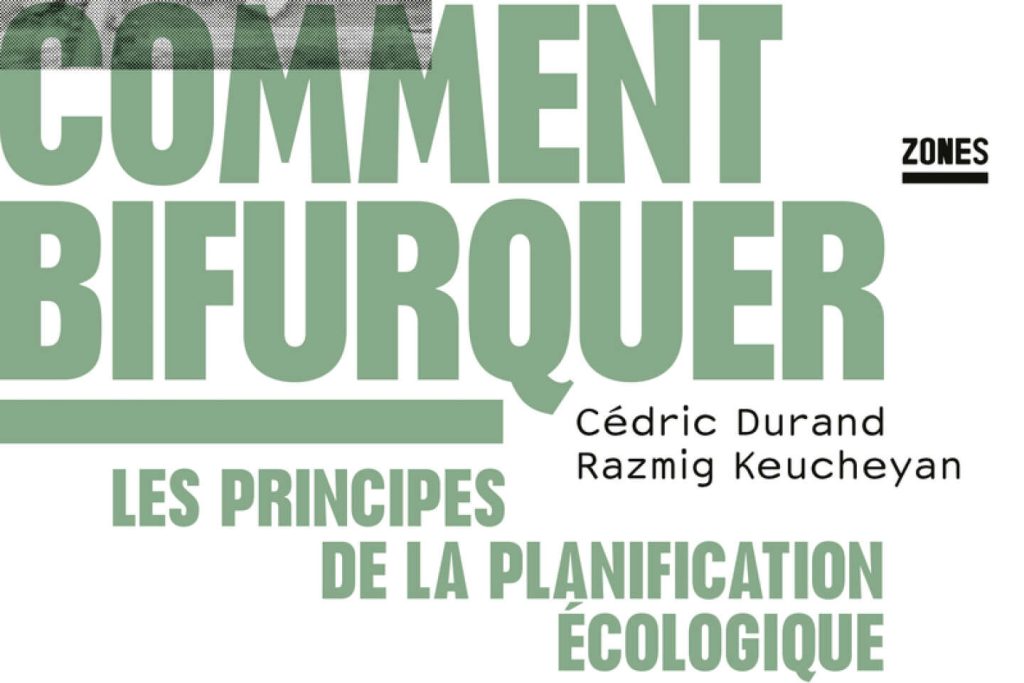In their book “Comment bifurquer: Les principes de la planification écologique”, economists Cédric Durand and sociologist Razmig Keucheyan explore the question of how to navigate a different path if capitalism in its current form is unable to solve the ecological crisis. This book presents a dense and well-argued analysis that is innovative in its approach. The authors propose a form of ecological planning that differs from past models by focusing on producing less, in accordance with planetary limits, rather than simply producing more. They emphasize the urgency of this shift to avoid the worst climate scenarios and biodiversity collapse.
The authors argue that any ecological planning must be inherently social in nature, emphasizing the need to properly balance concerns about the end of the world with everyday economic realities. They highlight the importance of including mechanisms for democratic input and social guarantees to ensure the support of the working class for ecological planning. They critique the concept of “green growth” and point out the inefficacy of market mechanisms in driving the necessary investments for ecological transition. They argue that measures such as carbon taxes and renewable energy subsidies are insufficient in addressing the need to dismantle fossil fuel infrastructure and production methods.
The authors critique the environmental planning model put forth by Emmanuel Macron, distinguishing their own approach from the government’s strategy. They mock the notion of “green capitalism” and point out that market forces have failed to deliver the required investments at the pace needed for ecological transition. They argue that simply investing in “green” technologies without addressing the existing “grey” infrastructure of fossil fuels will not prevent environmental degradation. The book presents a new perspective on ecological planning that challenges conventional notions of growth and development.
Overall, “Comment bifurquer” offers a provocative and innovative analysis of ecological planning, emphasizing the need for a fundamental shift in economic and social systems to address the ecological crisis. The authors advocate for a form of planning that prioritizes sustainability and social equity, challenging the limitations of market-driven approaches to environmental issues. By highlighting the interconnectedness of environmental and social concerns, the book offers a new framework for thinking about ecological transition and the future of our planet.


